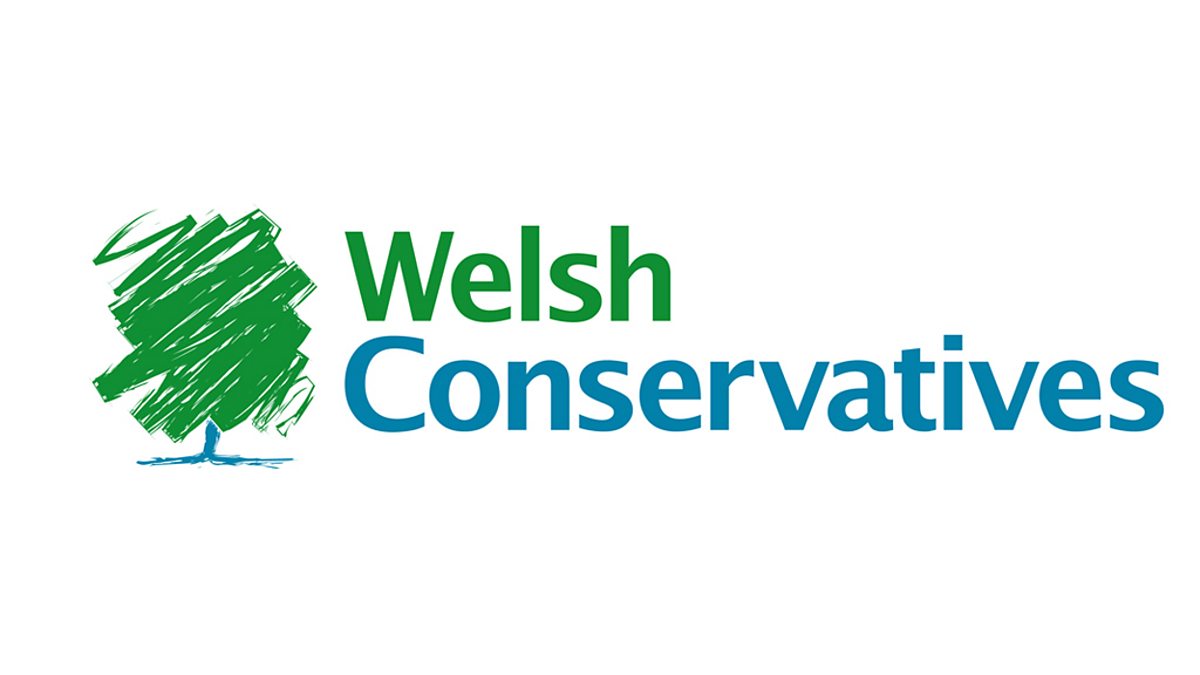The latest RICS UK Residential Market Survey reveals that the housing market remained subdued in September, with momentum continuing to falter. For the third consecutive month, both buyer demand and agreed sales remained firmly in negative territory. Forward-looking indicators suggest this muted performance is likely to persist into early 2026.
The latest reports shows that buyer demand weakened further, with the net balance for new buyer enquiries falling to -19%, marking a third straight monthly decline.
Sales activity also remained under pressure, with agreed sales posting a -16% net balance. Although this represents a slight improvement from August’s -24%, it still indicates a continued slowdown in market activity.
According to the latest RICS survey, national house price balance came in at -15%, reflecting modest downward pressure on prices. The South East and East Anglia reported the steepest declines.
In contrast, Scotland and Northern Ireland remained more resilient, continuing to register modest price growth, highlighting the ongoing regional divergence in market conditions.
The supply side also softened, with new vendor instructions falling for a second consecutive month, recording a net balance of -15%. This signals a cooling in new property listings as sellers grow more cautious.
In the rental sector, tenant demand was broadly flat at -1%, but landlord instructions dropped sharply to -38%, the lowest level since May 2020.
With the supply of rental properties continuing to shrink, rents are expected to rise by around 3% over the next year. Surveyors anticipate this trend will persist into 2026, exacerbating affordability issues for tenants.
Survey participants reported little optimism for a near-term recovery in transaction volumes. Both short-term and 12-month sales expectations stood at -9%.
While short-term price expectations remain negative at -21%, a net balance of +12% of respondents anticipate house prices will rise over the next year.
Many surveyors cited growing caution among both buyers and sellers, driven by concerns over affordability, market sentiment, and the potential impact of the upcoming November Budget. There is widespread expectation that the Budget could introduce further property-related tax measures, further dampening confidence in the market.
As the housing market continues to navigate economic uncertainty and regulatory pressures, the outlook remains cautious, with limited signs of near-term recovery.
Tarrant Parsons, head of market research & analytics at RICS, said: “The housing market continues to struggle for momentum, with seemingly no clear catalyst on the horizon to spark a turnaround over the near-term. Buyer demand remains subdued, while agreed sales are still on a downward trend, reflecting a broader hesitancy in the market. Ongoing uncertainty around potential measures in the upcoming Budget is also likely adding to the prevailing cautious sentiment.“








